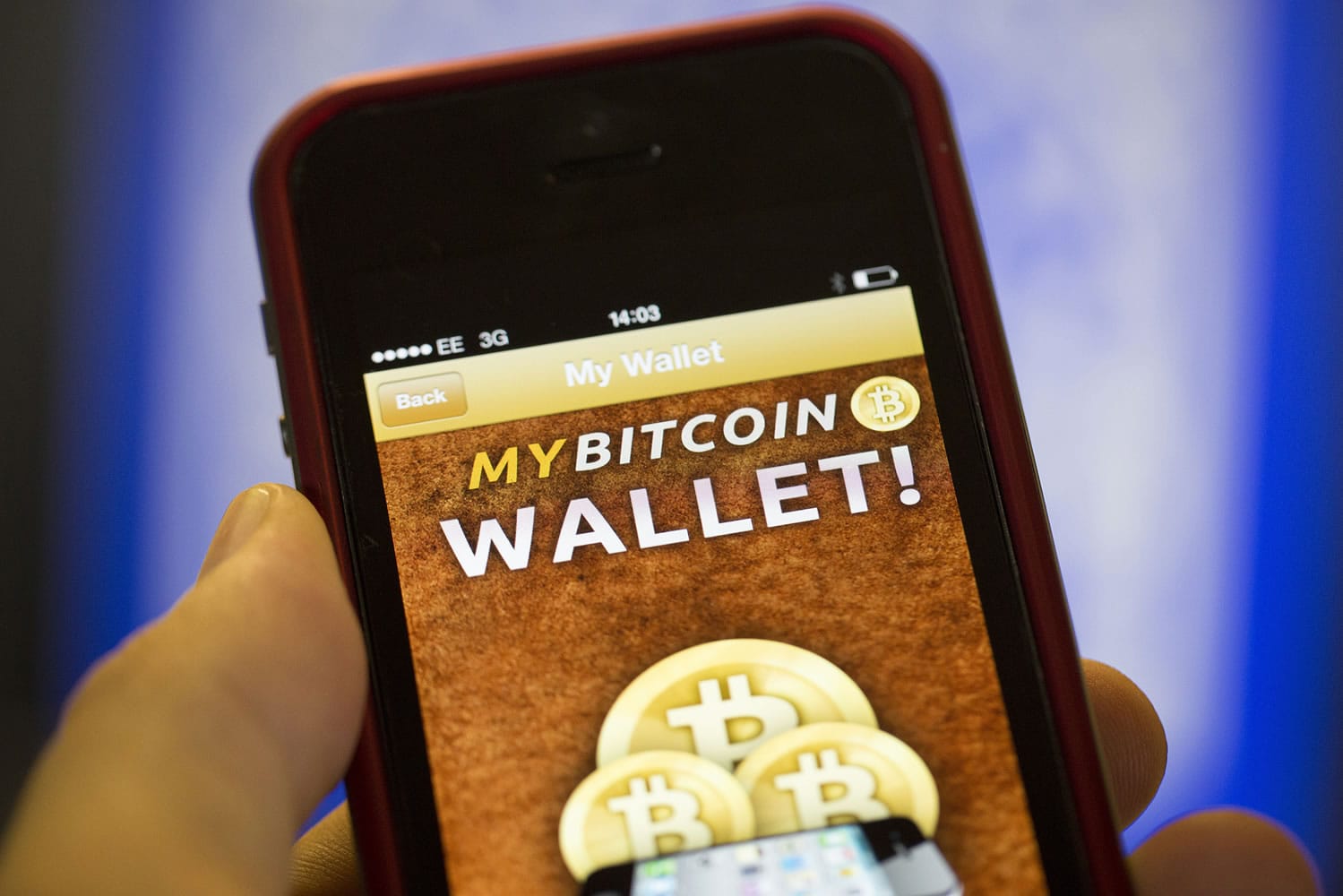Bitcoin’s designer solved this problem in a clever way. Hundreds of computers scattered around the Internet work together to process Bitcoin transactions. These computers are called “miners,” and Bitcoin’s transaction-clearing process is called “mining.” It’s called that because every 10 minutes, on average, a Bitcoin miner wins a computational race and gets a prize. Currently, that reward is 25 bitcoins, worth around $12,500. These prizes provide a strong incentive for more people to join in Bitcoin’s transaction-clearing process, helping the currency to remain decentralized.
This reward declines on a fixed schedule: Every four years the reward falls by half. So, from 2009 to 2012, it was 50 BTC, now it’s 25 BTC, and starting in late 2016 it will fall to 12.5 BTC, and so forth. If you do the math, you’ll find that there will never be more than 21 million bitcoins in circulation. Right now, there are almost 12 million bitcoins in circuclation, so the Bitcoin money supply will never be more than twice its current size.
• How do I get bitcoins? One option is to mine them yourself, but that’s not a good choice for beginners. For everyone else, your best bet is to purchase them with a conventional currency. Web sites known as exchanges will let you trade bitcoins for conventional currencies with other users. Even more convenient are companies such as Coinbase, which will withdraw cash from your bank account and convert it to bitcoins. A few Bitcoin ATMs are popping up, which will directly trade paper money for Bitcoins.
• OK. I bought some Bitcoins. Now what? Next you’ll need a place to store them. Bitcoins are stored in “wallets,” which in this case are just files that contain encryption keys, or secret codes that allow you to transfer your bitcoins to other people. There are several options. One is to store them yourself using one of the Bitcoin programs available for Mac, PC and Android.



